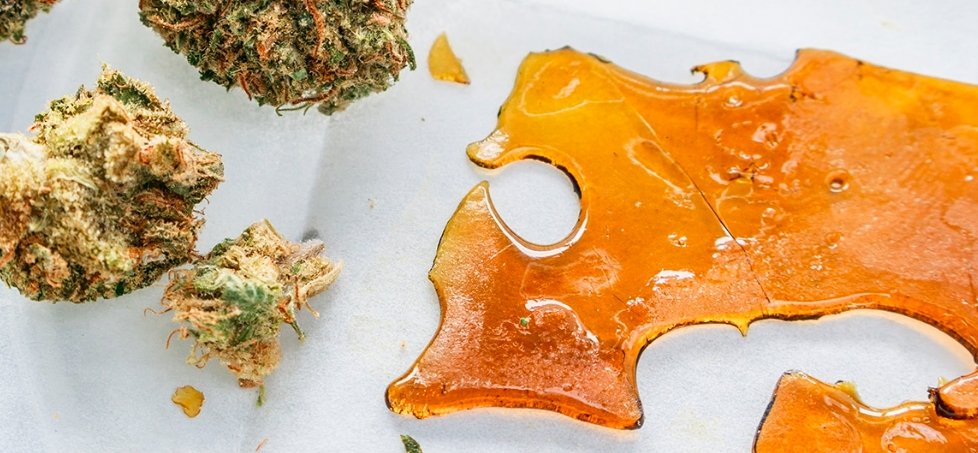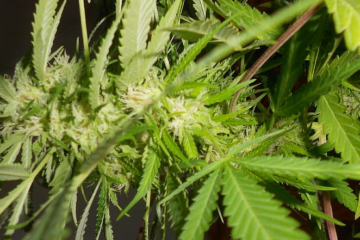The Vermont Department of Health has reaffirmed its support for a 60% limit on the amount of tetrahydrocannabinol (THC) in solid cannabis concentrates that will be sold in the state’s legal recreational market, which is expected to open in October 2023. The department’s position contradicts the recommendation of the Cannabis Control Board, which had proposed to remove the cap in a bill passed by the Senate last month.
Why does Vermont have a THC potency cap?
The THC potency cap was introduced in Act 164, the 2020 law that established the framework for legal cannabis sales in Vermont. The cap applies to solid cannabis concentrates such as edibles, hashish, and dabs, but not to prepackaged vape pens. The cap was supported by physician groups, who argued that high-potency cannabis products pose significant risks to consumers’ physical and mental health, especially for young people and people with substance use disorders. According to the Vermont Medical Society, high-THC cannabis products are associated with increased emergency room visits, psychosis, anxiety, depression, and addiction.
How did the cap become a subject of debate?
The cap became a contentious issue when the Cannabis Control Board, the regulatory agency created by Act 164, opposed the cap in its recommendations to the legislature in November 2022. The board argued that the cap would create an unfair advantage for the illicit market, where high-potency products are readily available, and for the legal markets in neighboring states, such as Massachusetts, where there are no caps. The board also claimed that the cap would force manufacturers to use additives that could dilute the product and potentially harm consumers.

The Senate agreed with the board and passed a bill (S.188) in April 2023 that removed the cap, along with other adjustments to the cannabis law. However, the House restored the cap in a different bill (H.548) in May 2023, after the Vermont Department of Health changed its stance on the issue.
What caused the health department’s reversal?
The health department’s senior policy and legal adviser, David Englander, initially supported lifting the cap in a memo to the House Committee on Human Services on April 28, 2023. He cited the concerns raised by the Cannabis Control Board and the potential dangers of additives in diluted products. However, the next day, he sent another memo to the same committee, retracting his previous statement and maintaining that the cap should remain in place. He apologized for his error and said that his first memo was based on incomplete information.
The reason for the health department’s reversal is unclear, and Englander was not available for an interview. Some lawmakers speculated that the department was influenced by political pressure or lobbying from the medical community.
What is the current status of the cap?
The House and Senate have agreed to form a conference committee to resolve their differences over the cap and other aspects of the cannabis law. The committee is expected to meet before the end of the legislative session in June 2023. The cap will remain in effect until the committee reaches a compromise or the governor vetoes the bill.
The cap has divided the cannabis industry and advocates, who have different views on the impact of the cap on consumer safety, market competitiveness, and product innovation. Some industry representatives have suggested alternative measures to the cap, such as labeling requirements, daily purchase limits, and education campaigns.



